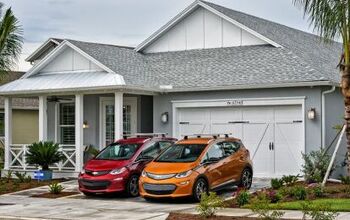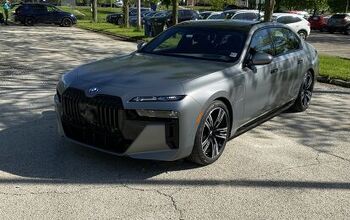Are Electric Cars Really Helping the Environment?
A recent study by the Keck School of Medicine of USC provides new insights into the potential benefits of electric vehicle (EV) adoption. The research, published in the Science of the Total Environment journal, presents the first real-world data linking EVs to reductions in air pollution and respiratory issues. This study marks a significant step in understanding the impact of electric cars on public health and the environment.
Understanding the Impact: Research Methodology
The researchers used multiple data sources to conduct their analysis. They gathered information on the total number of zero-emission vehicles (ZEVs), which include battery electric, plug-in hybrid, and hydrogen fuel cell cars, from the California Department of Motor Vehicles. The team also analyzed air pollution levels, focusing on nitrogen dioxide (NO2), and the rates of asthma-related emergency room visits across various California zip codes from 2013 to 2019.
Findings: Reduced Pollution and Health Risks
The results revealed a clear pattern: As the adoption of ZEVs increased within a zip code, there was a notable decline in local air pollution and asthma-related emergency room visits. Specifically, for every additional 20 ZEVs per 1,000 people, there was a 3.2 percent reduction in the rate of asthma-related emergency visits. Furthermore, the study showed a modest decrease in NO2 levels, a pollutant closely linked to traffic emissions.
Socioeconomic Disparities in ZEV Adoption
However, the study uncovered an adoption gap in ZEVs, with slower uptake in lower-resource areas. This gap highlights a need for policies that promote equitable access to clean transportation, particularly in communities disproportionately affected by pollution and related health issues.
Future Research and Broader Implications
While the study's findings are promising, the researchers acknowledge that more investigation is needed. Future research should explore additional pollutants, other vehicle classes, and broader environmental impacts of ZEVs, including the emissions from their production and disposal.
Conclusion
The study by the Keck School of Medicine of USC offers another case for the adoption of electric vehicles, not just for environmental reasons but also for public health benefits. It underscores the importance of considering local actions in the global fight against climate change and highlights the potential for significant health improvements through technological advancements in transportation.
This article was co-written using AI and was then heavily edited and optimized by our editorial team.
More by TTAC Staff
Latest Car Reviews
Read moreLatest Product Reviews
Read moreRecent Comments
- Lou_BC Nah. Tis but a scratch. It's not as if they canceled a pickup model or SUV. Does anyone really care about one less Chevy car?
- ToolGuy If by "sedan" we mean a long (enough) wheelbase, roomy first and second row, the right H point, prodigious torqueages, the correct balance of ride/handling for long-distance touring, large useable trunk, lush enveloping sound system, excellent seat comfort, thoughtful interior storage etc. etc. then yes we need 'more' sedans, not a lot more, just a few really nice ones.If by "sedan" we mean the twisted interpretation by the youts from ArtCenter who apparently want to sit on the pavement in a cramped F16 cockpit and punish any rear seat occupants, then no, we don't need that, very few people want that (outside of the 3 people who 'designed' it) which is why they didn't sell and got canceled.Refer to 2019 Avalon for a case study in how to kill a sedan by listening to the 'stylists' and prioritizing the wrong things.
- Lou_BC Just build 4 sizes of pickups. Anyone who doesn't want one can buy a pickup based SUV ;)
- Jor65756038 If GM doesn't sell a sedan, I'll buy elswhere. Not everybody likes SUV's or crossovers or is willing to buy one no matter what.
- ToolGuy One thing is for sure: Automakers have never gone wrong following the half-baked product planning advice of automotive journalists. LOL.I wonder: Does the executive team at GM get their financial information from the Manager of Product and Consumer Insights at AutoPacific? Or do they have another source? Hmm...


































Comments
Join the conversation